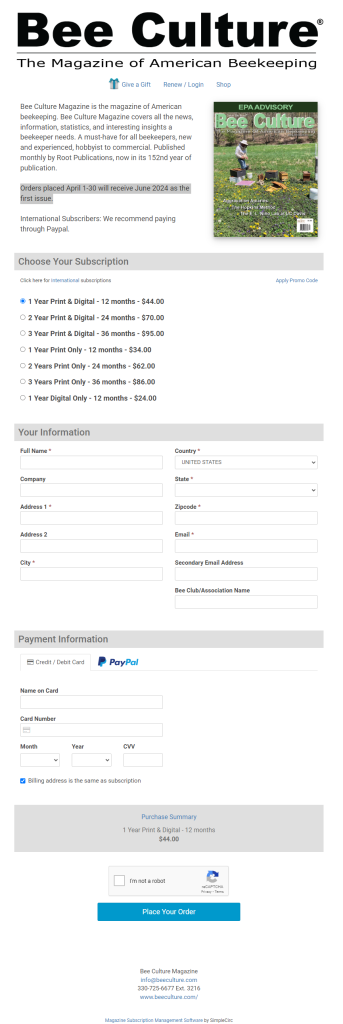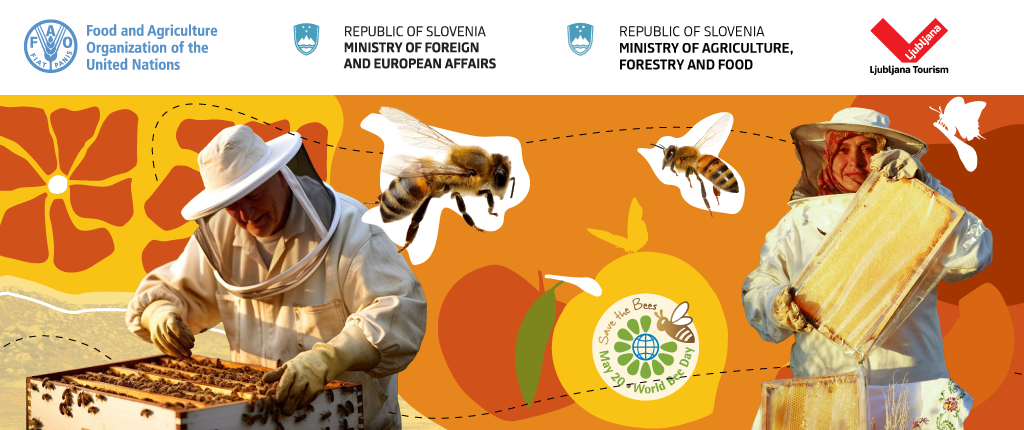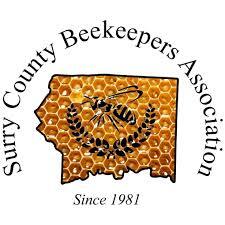Honey bees are an invaluable natural resource because they pollinate about one-sixth of the world’s flowering plant species and ~400 of its agricultural plants. In the US alone, the annual value of honey bee pollination is in the in billions of dollars. And lucky for us, bees also produce and store honey and beeswax – sometimes enough to share with us humans!
Many of you have probably heard about the recent bee declines. “Why are the bees dying?” is a question I get pretty often. The truth is that there is not one straight answer to this question. We are still trying to determine through rigorous scientific study what factors truly pose a threat to bees and how we can minimize these threats. These sorts of studies are absolutely critical to protecting honey bees and all pollinators. But characterizing these threats is only one part of the solution. The other, often under-appreciated, aspect of honey bee conservation is that we need to develop solutions: products and processes that will increase colony survival.
We are offering beekeepers just one (of hopefully many) scientifically-based solutions: honey bee bacteria. Honey bees host a variety of bacteria in their guts and in their hives. Over the last few years, we have worked very closely on one of these bacteria, Parasaccharibacter apium. The results of our laboratory and field experiments suggest that P. apium might help bees. In small-scale field trials in Arizona in 2013 and 2014, we found that hives supplemented with P. apium were more able to resist infection by a parasite (Nosema). We also found some support for the hypothesis that bees supplemented with P. apium were healthier after going through winter than un-supplemented hives. We want to know whether the probiotic benefit P. apium offers extends to bee hives kept in real-life situations with real beekeepers applying the treatment.
The goal of the P. apium project is to get this bacteria to beekeepers so that they can try it out in their hives and decide for themselves whether it improves the health of their colonies.
We, the researchers, will provide you, the beekeepers, the bacteria free of charge to apply to your own hives. In exchange, we ask that you apply it as directed and communicate with us about whether it was indeed beneficial to your hives.
To find out more, to join, or just to learn, click here http://beebacteria.weebly.com/








